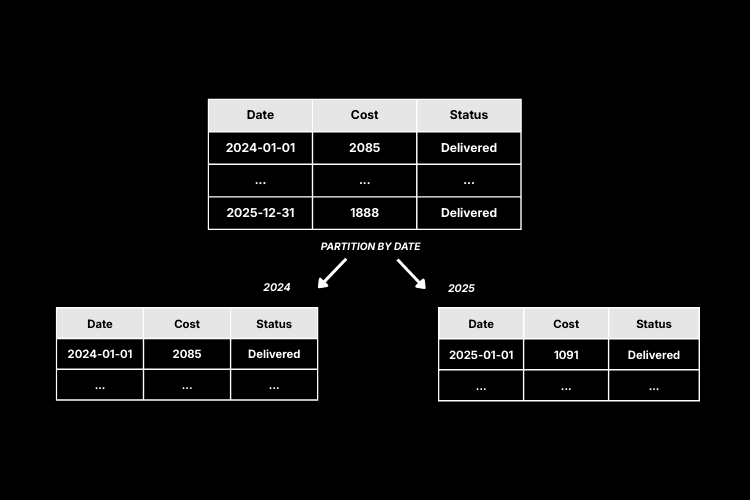Introduction
Dishoom, the restaurant group behind some of the UK’s most beloved Bombay cafés, has built its reputation on incredible food and hospitality. But behind the scenes, scaling operations across multiple locations required more than just excellent service — it demanded a smarter approach to data.
In early 2023, Dishoom lacked a structured data warehouse, making reporting fragmented and time-consuming. With no centralized system, tracking critical metrics like sales, guest occupancy, and customer feedback was challenging.
By adopting Weld, Dishoom has transformed its data operations—automating reporting, improving efficiency, and making real-time insights accessible across teams.

Faster insights and more efficient decision-making
Since implementing Weld, Dishoom has seen significant improvements in how they collect and use data:
- Reporting is fully automated, saving hours of manual work every week.
- Teams across the company can access and utilize data from marketing to operations.
- Data-driven insights are available faster, enabling more agile restaurant management.
"We’re still a team of three, but we’re often doing far more than the equivalent of three full-time employees. That’s down to how we're able to leverage systems, data, and processes."
— Michael Howes, Head of Data & Insights, Dishoom
Before Weld, much of Dishoom’s reporting relied on manual exports and disconnected spreadsheets. Now, Weld serves as the bridge between their various data sources and Google BigQuery, ensuring that data is cleaned, transformed, and ready for analysis in Power BI. This automation provides real-time insights without increasing the workload on the data team.

Making data accessible across the business
Dishoom’s shift to Weld and BigQuery hasn’t just improved efficiency for the data team—it has empowered teams across the company to make informed decisions. By integrating various data sources like SevenRooms, Sunday, and Aloha, they’ve built a robust analytics setup that enables them to track guest occupancy, sales performance, customer feedback, and operational efficiency in real-time.
This transformation has fuelled a greater demand for data across the company.
“Everyone has become more analytical. The hunger for insights has grown rapidly,”
To make data even more accessible, Dishoom is developing an internal reporting hub—a centralized home for reports, dashboards, and analytics, ensuring every department can access the insights they need.
While API-based integrations power most of Dishoom’s data pipelines, some systems don’t provide direct access. Weld’s Google Drive connector has provided a simple and effective solution in these cases. Instead of waiting weeks for custom integrations, the team can drop a CSV file into a folder and have it processed automatically, helping them move faster when direct integrations aren’t an option.
By combining automated pipelines with flexible ingestion methods, Dishoom ensures their reporting remains up to date without adding unnecessary workload to the team. This scalable, structured approach to reporting allows them to remain agile, responding quickly to insights and continuously refining operations based on real-time data.
Faster insights, smarter decisions
With Weld and BigQuery, Dishoom has shortened the time it takes to analyze trends and act on insights. Menu performance can now be tracked in near real-time. If a new dish isn’t selling well or receives mixed reviews, Dishoom can adjust its offerings quickly, helping the business stay agile and responsive to customer feedback.
Beyond menu optimization, real-time analytics have improved forecasting, operations planning, and customer experience tracking, ensuring data plays a key role in business strategy. Whether monitoring guest wait times, analyzing revenue trends, or optimizing table turnover, having real-time insights has allowed Dishoom to make more informed, data-driven decisions.

What’s next?
With Weld and BigQuery now embedded into its data operations, Dishoom continues pushing for more automation and efficiency. The team is expanding real-time data access through a new transactional data pipeline, refining reporting processes to optimize refresh schedules, and exploring additional automation features to streamline workflows.
Dishoom’s data journey is far from over, but with Weld, they’ve built a strong foundation that allows them to scale, innovate, and make data a core part of their business strategy—all while keeping their data team lean and efficient.
Interviewed

Michael Howes
Head of Data & Insights, Dishoom












